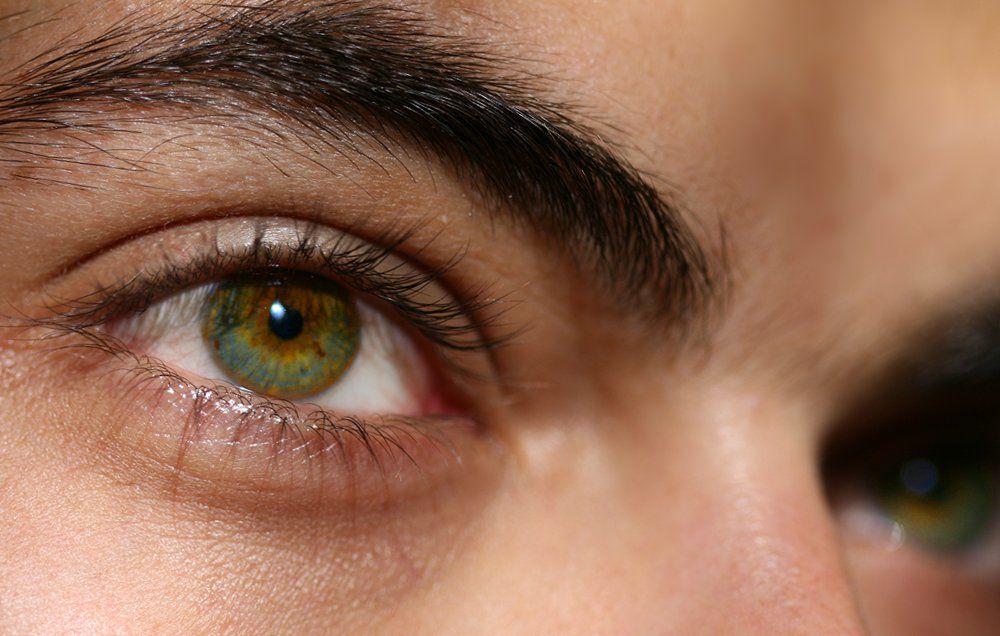
“Ray… you’re going blind. The doctors say nothing they can do, so we gotta do it ourselves.” Movie watchers may recognise that line from the movie Ray, and until two years ago, it was nothing more than a movie line to me.
What happened two years ago was this: A close friend went for a random eye check and learned that she had hyperopia and elevated intraocular pressure, not ruling out glaucoma.
You cannot imagine how this revelation dramatically impacted her life, forcing her to start using glasses and modifying her entire lifestyle. She realised that for her, eye care is no longer a means to maintain good eyesight but to prevent possible vision loss.
The eyes are perhaps one of the least-rated organs. We take them for granted because they are ever so present; the action of seeing is so assured that it feels ordinary.
However, there is nothing ordinary about your vision. Now, more than ever, it is necessary to religiously observe good eye health.
Eye care tips for computer users
Computers (including phones) have become widely used in almost every aspect of life, including entertainment, work, and communication, so there is no question of their excessive use. Since computer use has become sewn into the seams of human functioning and considered indispensable, so too, activities relating to eye care have become indispensable to normal eye functioning.
These tips will help you take better care of your eyes
- Blink once, blink twice. Blink again: Focusing on work can reduce your frequency of blinking. This is bad for your eyes, especially when you are in front of a computer screen. Not blinking can lead to dry eyes. Blinking moistens and refreshes the eyes by producing tears. Make it a conscious habit to blink more frequently when in front of a computer.
- Choose to look away: You have probably heard of the 20/20/20 rule. After every 20 minutes, look away from the screen and focus on an object 20 feet away (or more) for 20 seconds. It helps relieve digital eye strain and relax your eyes. It is easy to get carried away, so it is a good idea to set reminders.
- Indulge your eyes: Your eyes deserve proper treatment. So why not indulge your eyes in an eye check every one or two years, and more frequently if you have an eye problem? Optometrists advise that individuals between 20-39 years of age check at least every two years.
- Work with light: Ensure that your computer is not the only light source in the room. Place a table lamp on the side of your computer to reduce the impact of the computer screen on your eyes and reduce eye strain.
- Reduce glare: Glare is an excessive contrast between dark and bright or simply an exposure to a light source. It could cause visual discomfort or worsen eye strain. Tips to reduce glare include
- Do not place your computer directly below overhead lighting.
- Do not place your computer in front of a window. Instead, sit at right angles to windows.
- Shade windows during peak sunrise. Use blinds over windows.
- Adjust monitor brightness. Monitor brightness should equal that of the area behind it.
- Turn off any light behind your computer.
- Avoid highly reflective work surfaces, glossy paints, and excessive paper on your desk.
- Using an anti-glare screen and eyewear
Other eye care tips
Know your family’s eye health history: Many eye conditions are hereditary. Thus it is necessary to know if any member of your family has been diagnosed with an eye problem or has suffered partial or total vision loss. It will help you to identify your risk of developing an eye condition.
Eat a balanced diet always: Not just carrots, but a healthy diet rich in fruits and green leafy vegetables help to maintain good eyesight.
Wear shades: It is not only cool to wear shades, but also beneficial. Shades protect your eyes from ultraviolet rays from the sun.
Wash hands regularly to prevent infection: This is especially important if you wear contact lenses. Wash your hands thoroughly before putting in or taking out your contact lens.
It is easy to read the above tips and quickly forget them. However, you will agree that it is supremely better when the goal is maintaining good eyesight than preventing possible vision loss.










